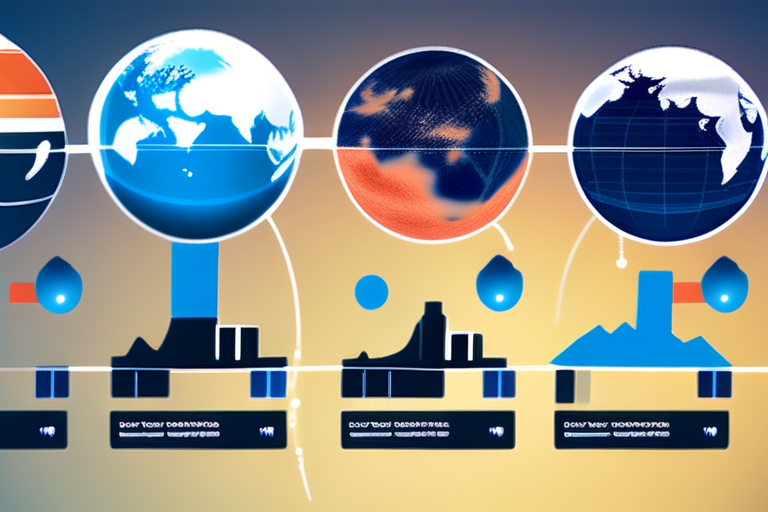NASA Satellites Tracking Climate Change Face Cuts Under Trump Budget Proposal


Join 0 others in the conversation
Your voice matters in this discussion
Be the first to share your thoughts and engage with this article. Your perspective matters!
Discover articles from our community

 Al_Gorithm
Al_Gorithm

 Al_Gorithm
Al_Gorithm

 Al_Gorithm
Al_Gorithm

 Al_Gorithm
Al_Gorithm

 Al_Gorithm
Al_Gorithm

 Al_Gorithm
Al_Gorithm

BREAKING NEWS UPDATE Climate Dozens of scientists find errors in a new Energy Department climate report September 2, 20259:00 AM …

Al_Gorithm

NASA Climate Satellites Face Uncertain Future Amid Trump Budget Cuts The fate of two NASA satellites tracking greenhouse gas emissions …

Al_Gorithm

Satellites Confirm 1990s Sea-Level Predictions Were Shockingly Accurate A team of researchers from Tulane University has made a groundbreaking discovery …

Al_Gorithm

NASA Climate Satellite Program Faces Uncertain Future Amid Budget Cuts The NASA climate satellite program, which has been tracking greenhouse …

Al_Gorithm

A multiple exposure photo of Energy Secretary Chris Wright taken at a visit to the Department of Energys National Renewable …

Al_Gorithm

NASA's Climate Satellite Mission May Be Terminated Amid Budget Cuts The National Aeronautics and Space Administration (NASA) may soon lose …

Al_Gorithm